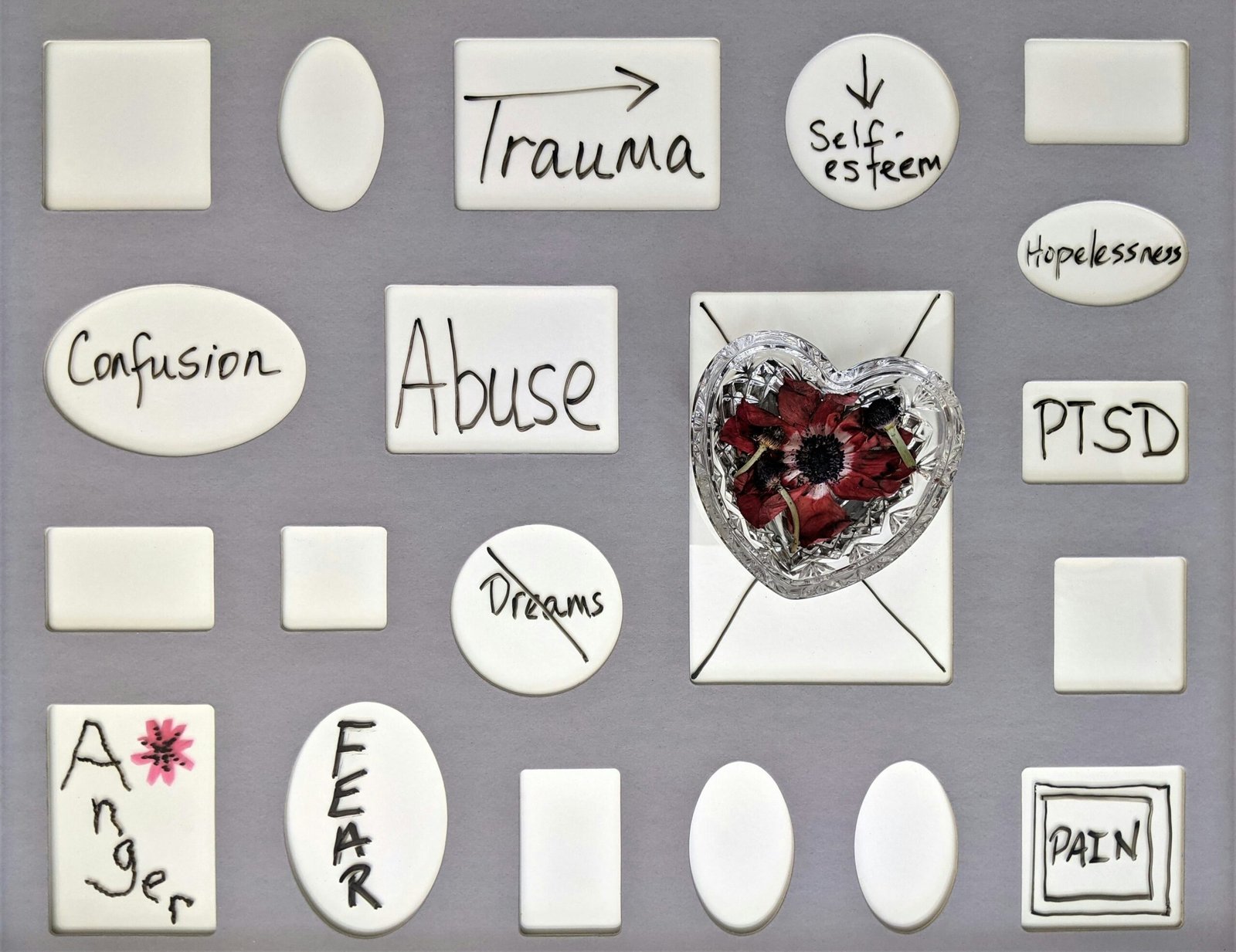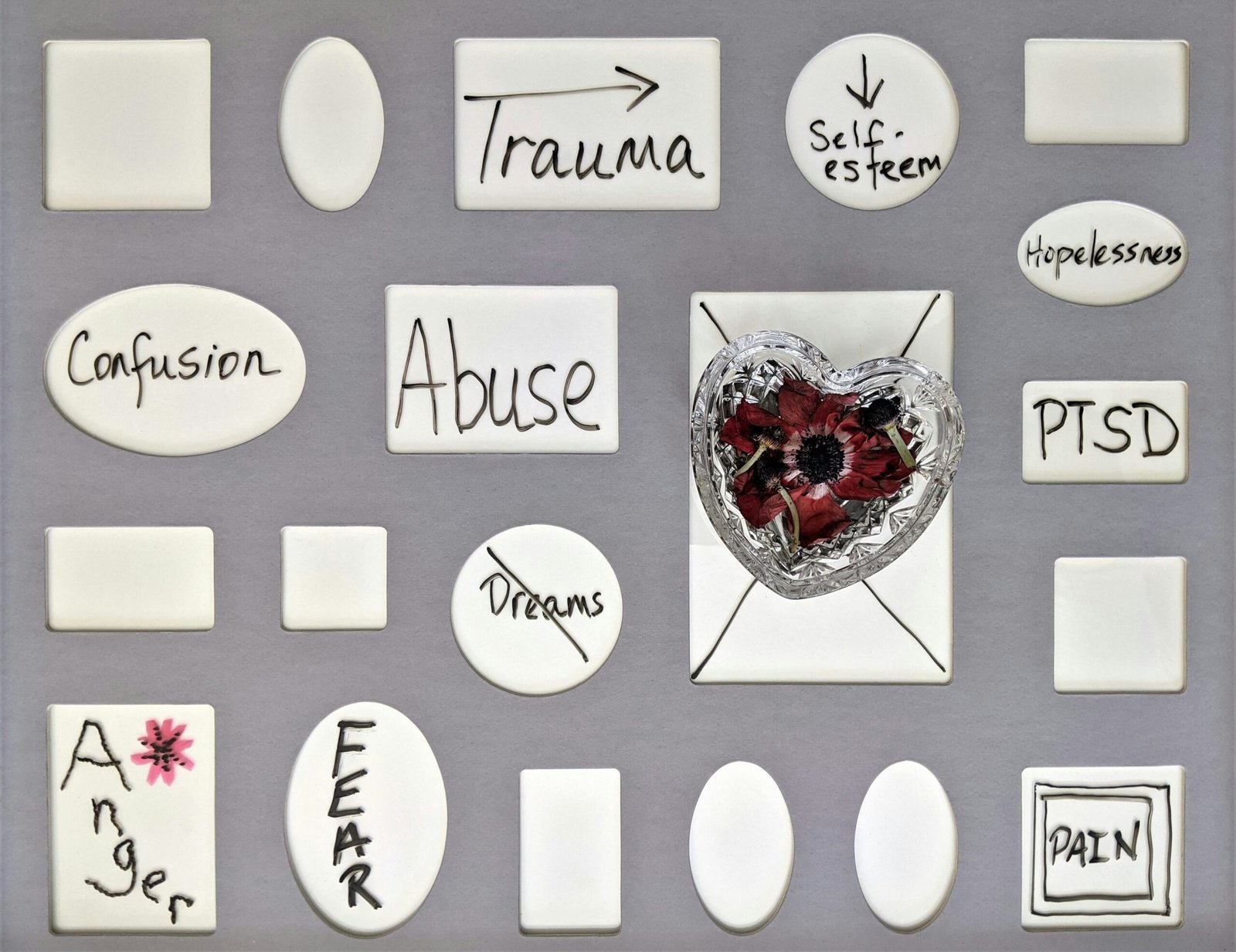How to Heal and Move Forward After Infidelity: A Guide to Forgiving a Cheating Spouse
Infidelity can be one of the most devastating experiences a person can go through in a relationship. The betrayal, heartbreak, and loss of trust can leave deep emotional wounds that may seem impossible to heal. However, forgiveness is a powerful tool that can help individuals rebuild their lives and relationships after infidelity. In this blog post, we will explore the process of forgiving a cheating spouse and provide practical tips to help you navigate this challenging journey.
The Importance of Forgiveness
Forgiving a cheating spouse is not about condoning their actions or forgetting the pain they caused. Instead, it is a personal choice to let go of resentment and anger, allowing yourself to heal and move forward. Forgiveness can bring closure, restore inner peace, and create the possibility of rebuilding trust and a stronger relationship.
1. Acknowledge Your Feelings
Before you can begin the process of forgiveness, it’s important to acknowledge and validate your feelings. Allow yourself to feel the pain, anger, and betrayal that comes with infidelity. Seek support from a trusted friend, family member, or therapist who can provide a safe space for you to express your emotions.
2. Communicate Openly
Effective communication is crucial when dealing with infidelity. Sit down with your partner and have an open and honest conversation about what happened. Express your feelings and concerns, and listen to their perspective as well. Clear and honest communication can help rebuild trust and create a foundation for healing.
3. Seek Professional Help
Infidelity can deeply impact both individuals in a relationship. Consider seeking the guidance of a qualified therapist or counselor who specializes in couples therapy. A professional can help facilitate productive conversations, provide strategies for healing, and offer tools to rebuild trust.
4. Set Boundaries
Establishing clear boundaries is essential for rebuilding trust after infidelity. Discuss and agree upon boundaries that both partners feel comfortable with. This may include transparency in communication, access to electronic devices, or attending couples therapy. Setting and respecting boundaries can help create a sense of safety and security.
5. Take Time to Heal
Healing takes time, and it’s important to be patient with yourself and your partner throughout the process. Allow yourself to grieve the loss of trust and work through the emotions that arise. Engage in self-care activities that promote emotional well-being, such as exercise, meditation, or journaling.
6. Rebuilding Trust
Rebuilding trust is a gradual process that requires consistent effort from both partners. Trust can be restored through open and transparent communication, honoring commitments, and demonstrating consistent trustworthy behavior over time. It’s important to remember that rebuilding trust takes time and patience.
7. Letting Go of Resentment
Resentment can hinder the forgiveness process and prevent healing. Practice letting go of resentment by focusing on the present moment rather than dwelling on the past. Engage in forgiveness exercises, such as writing a letter to your partner expressing your forgiveness, or seeking forgiveness within yourself.
8. Embrace Self-Care
Self-care is essential during the healing process. Take time to prioritize your physical, emotional, and mental well-being. Engage in activities that bring you joy, surround yourself with supportive friends and family, and consider seeking individual therapy to work through any personal issues that may have contributed to the infidelity.
9. Rebuilding Intimacy
Rebuilding intimacy after infidelity can be challenging, but it is possible with time and effort. Engage in activities that foster emotional connection, such as date nights, shared hobbies, or couples retreats. Rebuilding intimacy requires vulnerability, trust, and open communication.
10. Embrace the Future
As you progress through the healing process, it’s important to focus on the future rather than dwelling on the past. Set goals for yourself and your relationship, and work towards creating a future that is built on trust, love, and mutual respect. Embrace the opportunity for growth and transformation that can come from overcoming infidelity.
FAQs
Q: Can a relationship survive infidelity?
A: Yes, a relationship can survive infidelity. It requires both partners to be committed to the healing process, open communication, and a willingness to rebuild trust.
Q: How long does it take to forgive a cheating spouse?
A: The forgiveness process varies for each individual and relationship. It can take months or even years to fully forgive a cheating spouse. Patience, understanding, and consistent effort are key.
Q: Is forgiveness the same as reconciliation?
A: Forgiveness and reconciliation are separate processes. Forgiveness is a personal choice to let go of resentment, while reconciliation involves rebuilding the relationship and trust. Reconciliation is not always possible or advisable in every situation.
Q: Can infidelity be prevented?
A: While it is impossible to guarantee that infidelity will never occur, open communication, trust-building exercises, and a commitment to the relationship can help minimize the risk of infidelity.
Q: Should I forgive my cheating spouse if they show remorse?
A: Forgiveness is a personal decision. Showing remorse is an important step towards healing, but forgiveness should not be rushed. Take the time to process your emotions and make a decision that feels right for you.
Tips:
– Practice self-compassion throughout the healing process.
– Seek support from trusted friends, family, or support groups.
– Avoid blaming yourself for your partner’s infidelity.
– Be patient with yourself and your partner as you navigate the healing journey.
Conclusion
Healing and forgiving a cheating spouse is a challenging journey that requires time, effort, and commitment from both partners. It is possible to rebuild trust and create a stronger relationship after infidelity. By acknowledging your feelings, communicating openly, seeking professional help, and practicing self-care, you can navigate the path to forgiveness and move forward towards a brighter future together.
Call to Action
Share this blog post with others who may be going through a similar experience. Together, we can support and empower each other on the journey towards healing and forgiveness.









